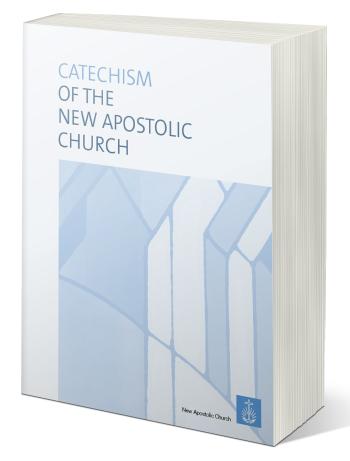Thoughts on the Bible text
We give thanks to you O God, we give thanks! For Your wondrous works declare that Your name is is near.
Psalm 75: 1
Introduction
Psalm 75 begins with an expression of gratitude to God. It is a public profession of God and His works. It reminds us that we should not rely on our own strengths and abilities alone. The psalmist proclaims that God is omnipotent, omnipresent, and a righteous judge. God’s marvellous deeds and works awaken a feeling of reverence and bear witness to His presence and His nearness.
Being grateful for the miracles of God
When the psalmist talks about the wondrous works of God, he is primarily referring to the material creation: the earth with its plants and animals, man, who is to tend it all, and finally, the heavenly bodies that divide the day from the night and define the seasons. All of these are wondrous works of God, which can be seen by anyone and for which everyone should give thanks to God. But greater still is the incarnation of God in Jesus Christ and in the sacraments and in the faith that we are filled with. All of these provide us with good reason to give thanks.
Declaring God’s wondrous works
The believer not only has a duty to give thanks, but also to talk about—or declare, as our Bible text says—the wondrous works of God. We do this by pointing them out so that others can understand them under the light of the gospel.
If one were to ask which of the wondrous works one can be thankful for and which should be spoken of, then the first would be the visible world, which did not come into being on its own but owes its existence to the creative will of God. The one who understands the earth as God’s creation is grateful for it and will also want to preserve it.
Another wondrous work which we can be thankful for, and which needs to be declared, is that God became man in Jesus Christ. We declare this wondrous work when we explain that this is an expression of the love and nearness of God to the world. In Jesus Christ we can experience that God is with us!
And last but not least, we recognise that our faith is an incomprehensible miracle that the Holy Spirit has given to us. We declare this miracle when we explain that one first needs to have a longing for the activity of the Holy Spirit to be able to have faith.
God, the righteous judge
Among the wondrous works of God, the psalmist surprisingly also counts the judgement, of which he is unafraid and which he understands more as an expression of God’s righteousness. God states in our psalm: “When I choose the proper time, I will judge uprightly” (verse 2). The judgement is not cause for fear of punish- ment but rather grounds for praise, because God judges righteously. Even in judgement the repentant human being can hope in the grace of God, because God has “no pleasure in the death of one who dies” (Ezekiel 18: 32a).
God will ultimately establish righteousness for all. The unrighteousness that often seems to triumph will not only be put in its place but will disappear altogether because God will be all in all.
WG DSG 07/2020


